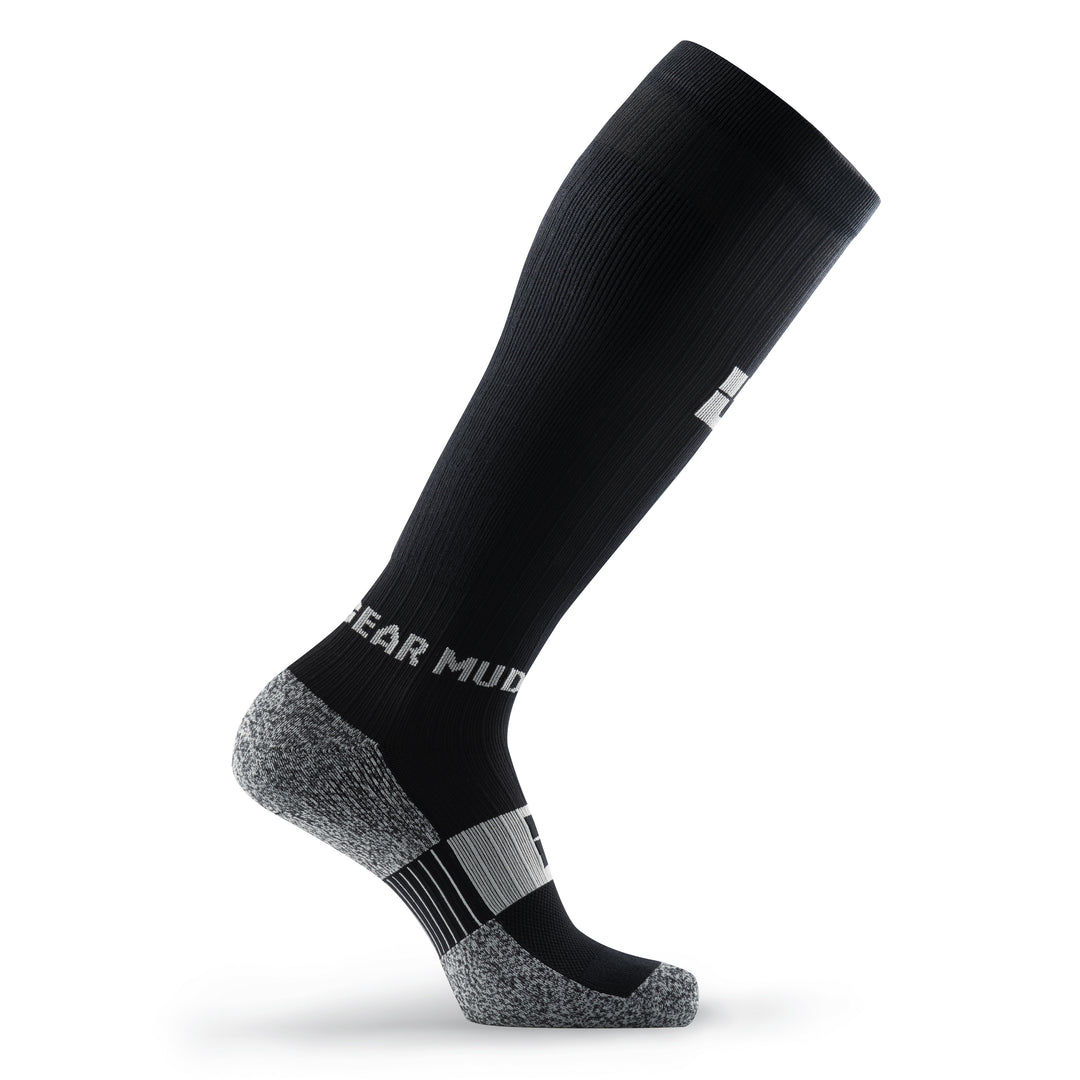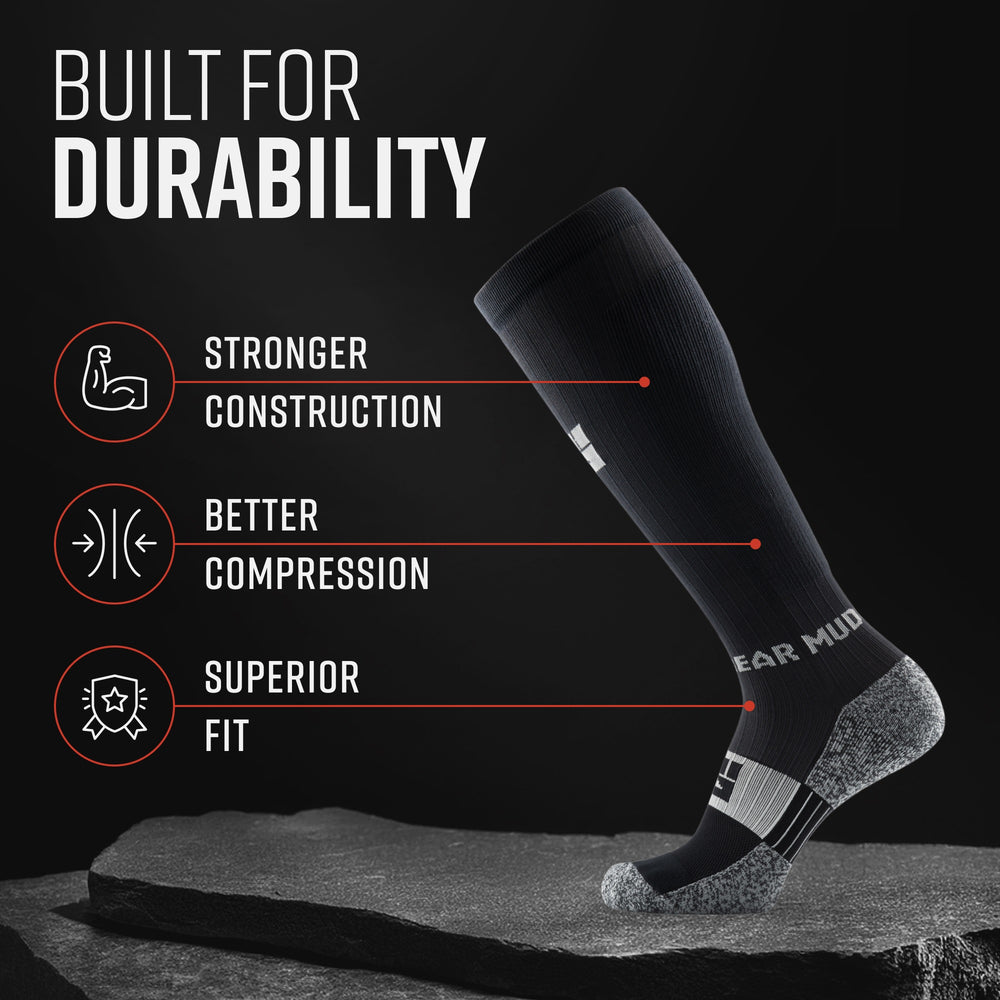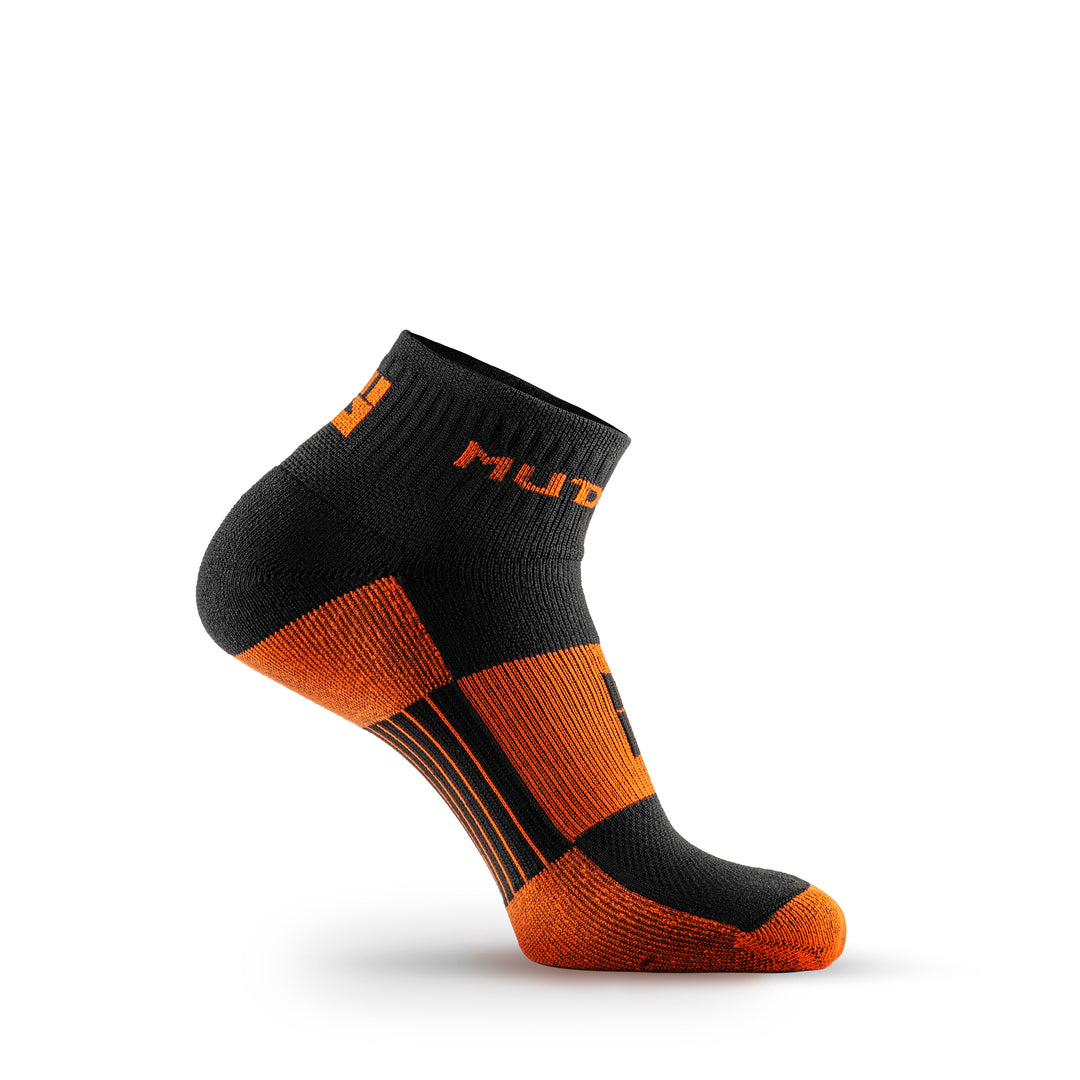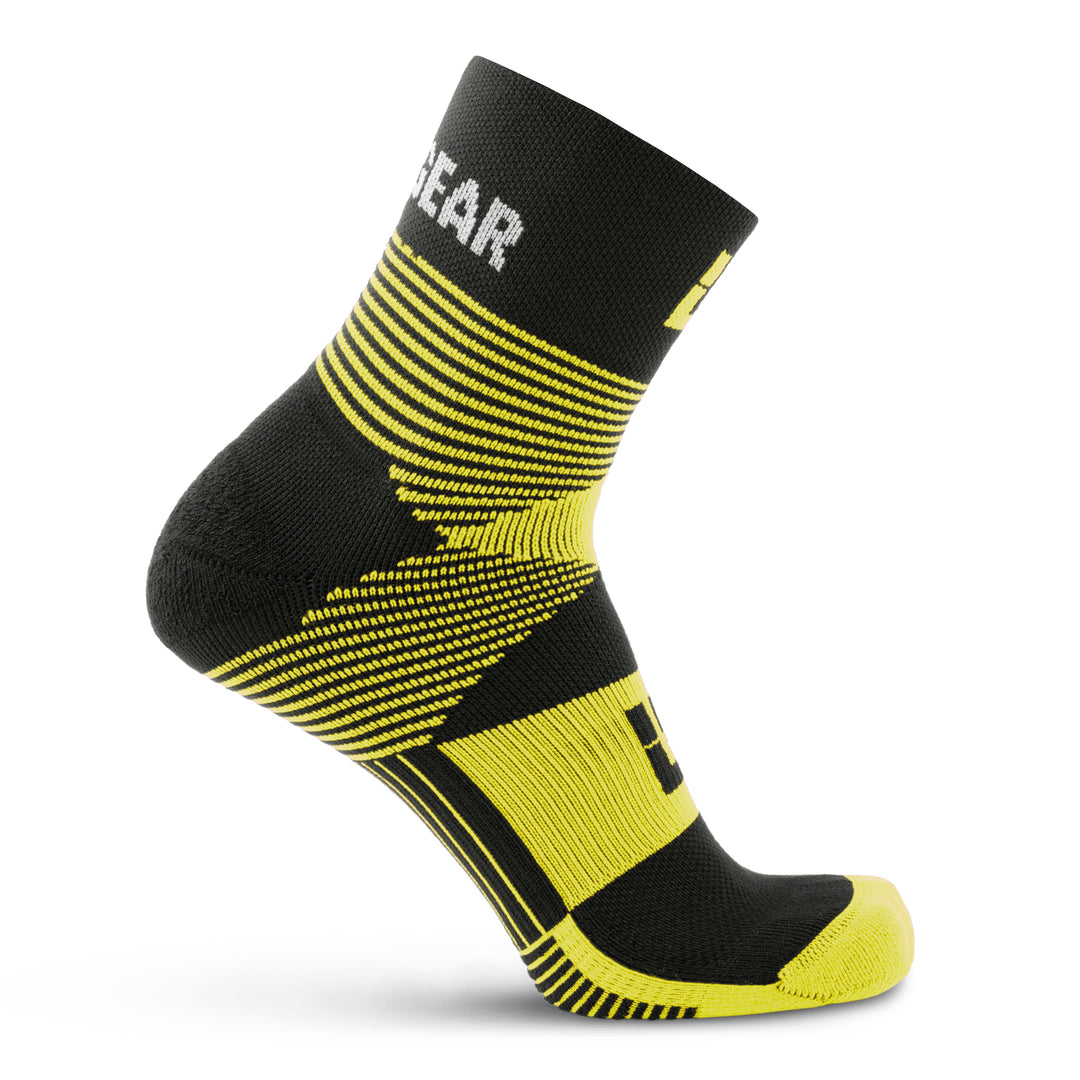Grip Strength Associated with Suicide
Obstacle Course Racing (OCR) and rock climbing demand more grip strength than most other recreational and competitive activities. So, unless people participate in these, they may be unaware of their abundance or deficiency of grip strength. However, a 2021 study gives reason to believe evaluating grip strength may be a great indicator to suicidal thoughts and tendencies.

Researchers tested the grip strength of over 14,000 Korean adults by having them squeeze a digital handgrip dynamometer with the dominant hand. Participants also completed a questionnaire through which they could self-report their depressive moods and suicidal thoughts. “For every 1 kg increase in handgrip strength, the odds of having suicidal thoughts decreased by 4 percent in males and 3 percent in females."
This is not the first research of its kind. A previous study of Americans yielded similar results claiming, "Each 5 kg increase in handgrip strength was associated with a 16 percent reduced odds of having suicidal thoughts.”
While an association seems clear, the exact nature is still under speculation. It's somewhat of a "chicken or the egg" situation. Does decreased grip strength somehow contribute to suicidal thoughts? Does depression affect one's grip strength?

Two suggestions thus far involve increased inflammation found in individuals with both reduced grip strength and chronic depression or suicidal thoughts. Low grip strength could also just be an attribute of functional decline attributed to sick or older adults. Such decline commonly leads to depression and suicidal thinking.
Whatever the relationship is, the potential to quickly detect suicide risk by testing grip strength is encouraging.

If you or someone you love is contemplating suicide, seek help immediately. For help 24/7 contact the National Suicide Prevention Lifeline, 1-800-273-TALK, or the Crisis Text Line by texting TALK to 741741.














Leave a comment